- Learning for Dynamics and Control
- Learning with Conditional Guarantees
- Theory of Machine Learning
- Modern Convex Optimization
- Learning in Games and Games in Learning
ABOUT ME

I am a Ph.D. student in Computer and Information Science at the University of Pennsylvania, where I am advised by Professor Nikolai Matni. My research interests are in the intersection of machine learning, control theory, and learning theory for dynamic systems, with the goal of studying fairness in deployed systems.
I additionally have a CS MS from the College of Computing and Information Science at Cornell University with a minor in Linguistics, where I was advised by Sarah Dean. Previously, I worked as a contingent machine learning engineer for Goldman Sachs in the Compliance Engineering division.
I can be reached through email at shekhe at seas dot upenn dot edu, and I have public Google Scholar and LinkedIn profiles.
In my free time, I like cooking!
EDUCATION
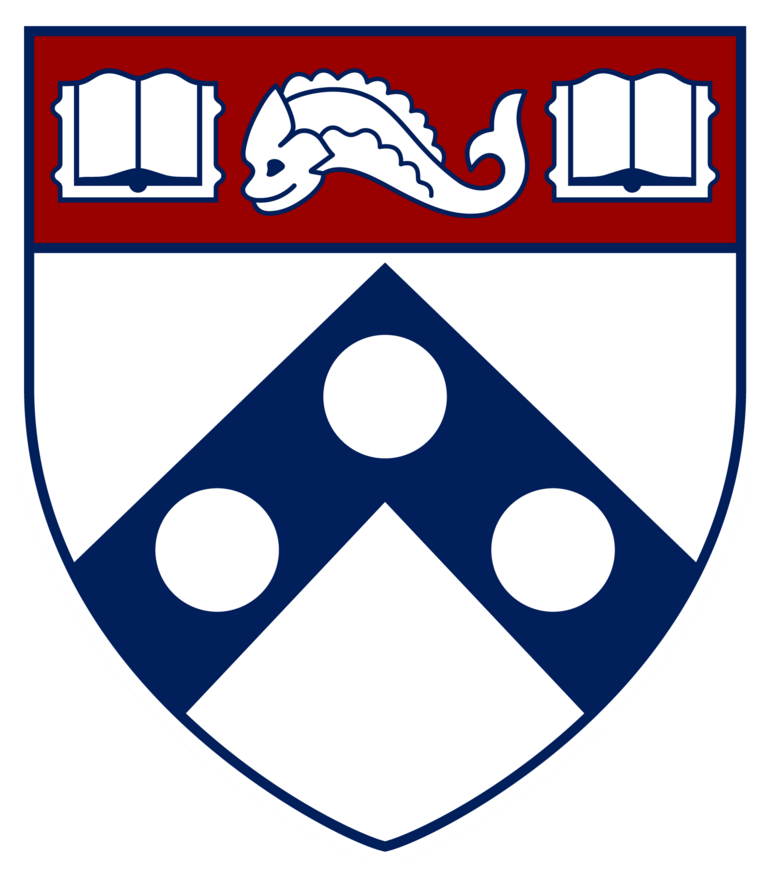 PhD @ University of Pennsylvania
PhD @ University of Pennsylvania
Penn Engineering | Aug 2024-present | Philadelphia, PA
Ph.D. in Computer and Information Science
Advisor: Nikolai Matni
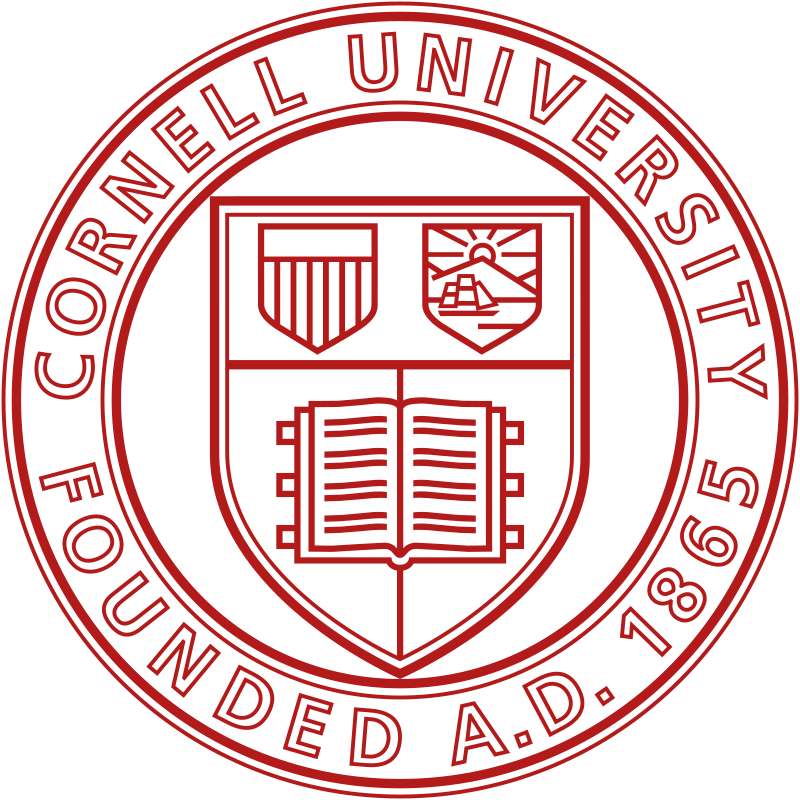 MS @ Cornell University
MS @ Cornell University
Bowers CIS | Aug 2022-May 2024 | Ithaca, NY | [ thesis ][ slides ]
Masters of Science in Computer Science with a minor in Linguistics
Advisor: Sarah Dean
- Cornell Aguaclara (graduate technical advisor)
- Nexus Scholar Program (graduate consultant)
- Machine Learning Theory
- Machine Learning in Feedback Systems
- Deep Generative Models
- Computer Vision
- Honors Introduction to Analysis
- Game Theory I
 BS @ Cornell University
BS @ Cornell University
College of Engineering | Aug 2018-May 2022 | Ithaca, NY
Bachelors of Science in Computer Science with a minor in Linguistics
Magna Cum Laude with Honors
- Cornell University Sustainable Design (algorithms and predictions team lead)
- Cornell Undergraduates in Linguistics (social chair)
- Advanced Topics in Machine Learning *
- Learning with Big Messy Data *
- The Structure of Information Networks *
- Principles of Large-Scale Machine Learning
- Advanced Language Technologies *
- Natural Language Processing
- Introduction to Computer Vision
- Introduction to Machine Learning
- Introduction to Analysis of Algorithms
* Graduate level courses
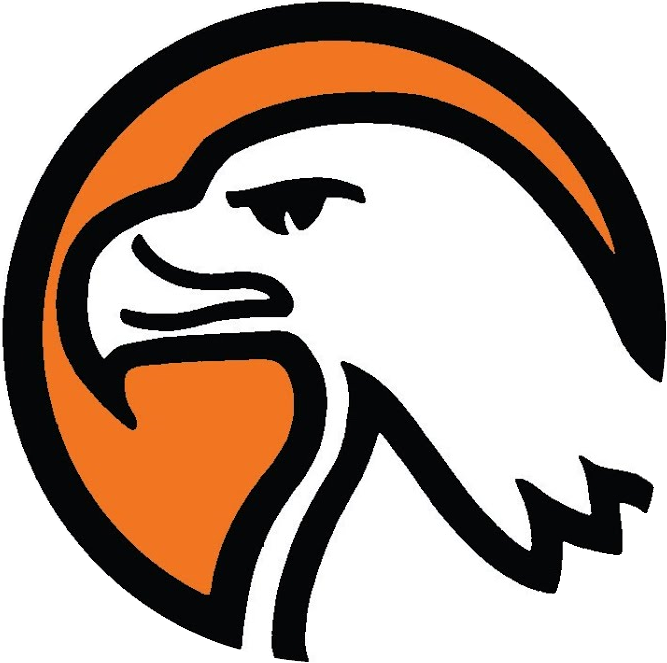 Bethlehem Central High School
Bethlehem Central High School
Sep 2013-Jun 2018 | Delmar, NY
- Science Bowl (co-captain)
- Linguistics Club (president)
- Science Olympiad
- Masterminds
- Varsity Cross-Country
- Varsity Track
- Varsity Swim and Dive
- AP Computer Science A
- Introduction to Computer Science
- Digital Electronics
RESEARCH
 Nikolai Matni Lab
Nikolai Matni Lab
Aug 2024-present | Philadelphia, PA
Research direction: system identification of dynamic systems
- Researched information-theoretic parameter recovery bounds on dynamic systems.
 Sarah Dean Lab
Sarah Dean Lab
Jan 2023-May 2024 | Ithaca, NY
Research direction: learning theory for dynamic systems
- Researched regret bounds of strategic classification in a contextual bandit setting.
- Characterizing convergence of multi-learner systems in the presence of strategic behavior by users.
- Proved convergence conditions for a strategic usage setting, and published single-author work to AISTATS 2024.
 Kilian Weinberger Lab
Kilian Weinberger Lab
Sept 2022-Apr 2023 | Ithaca, NY
Research direction: natural language processing
- Researched and implemented applications of latent diffusion models to text generation.
- Published to NeurIPS 2023.
 Udell Group
Udell Group
Advisor: Madeleine Udell | Jun 2020-Jul 2022 | Ithaca, NY
Research direction: unsupervised learning
- Published a machine learning paper in AAAI-22 on the imputation of missing data using a Gaussian copula model.
- Implemented frameworks and benchmarks to study active learning for distribution shift.
 Life History Lab
Life History Lab
Advisor: Marlen Gonzalez | Jun 2019-Dec 2021 | Ithaca, NY
Research direction: computational neuroscience
- Cleaned and scored data and automated administrative tasks in the lab using R, improving in data analysis skills.
- Wrote Python scripts under supervisor Dr Gonzalez to implement the Balloon Analog Risk Task (BART) for fMRI and for mTurk.
- Processed participants and collected data using the BART, Stroop, and Cyberball tasks in the Cornell fMRI scanner for later analysis.
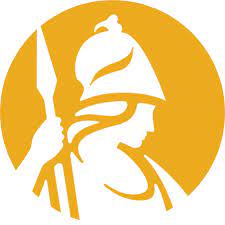 SUNY Albany Forensic Chemistry Lab
SUNY Albany Forensic Chemistry Lab
Advisor: Igor Lednev | Jun 2016-Aug 2017 | Albany, NY
Research direction: computational biology
- Wrote MATLAB scripts under supervisor Dr Lednev to conduct Singular Value Decomposition (SVD) analysis on 1GB of cell images for the classification of cellular patterns characteristic of lead toxicity.
- Prepared buffer solutions, grew both bacterial cells and human kidney cells, and tested/observed the effects of lead and EDTA on the latter, using light microscopy.
INDUSTRY EXPERIENCE
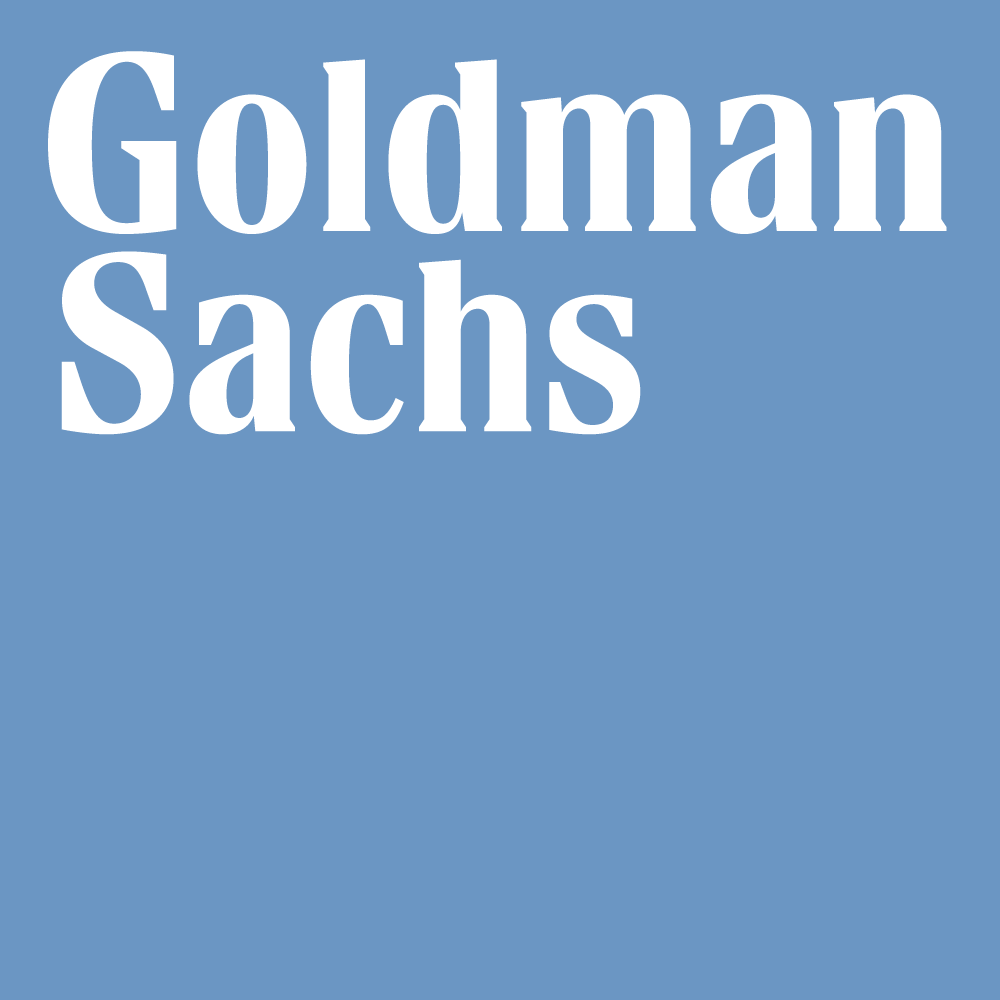 Goldman Sachs | Contingent Worker
Goldman Sachs | Contingent Worker
Role: Machine Learning Engineer @ Compliance Engineering
Sept 2022-Mar 2025 | Remote
- Developed and productionized an internal distributed automated machine learning (AutoML) package capable of training and evaluating thousands of models simultaneously.
- Consulted to improve and fix existing algorithms and training methods.
- Productionized an LLM training pipeline, utilizing test-driven development.
 Goldman Sachs | Internship
Goldman Sachs | Internship
Role: Engineering Summer Analyst @ Compliance Engineering
Jun 2022-Aug 2022 | New York City, NY
- Trained BERT-based transformer models to classify text documents, achieving high recall and good workload reduction on a test set.
- Developed a semi-supervised model to highlight sections of text influential for a classification task.
- Implemented a generalized pipeline for training large NLP models for future projects.
 Goldman Sachs | Internship
Goldman Sachs | Internship
Role: Engineering Summer Analyst @ Compliance Engineering
Jun 2021-Aug 2021 | New York City, NY
- Implemented MapReduce jobs to efficiently filter, tokenize, label, and embed ~10 million articles stored in Google Protocol Buffer format.
- Researched and developed LSTM and attention models to predict on a Named Entity Recognition task, achieving high accuracy over ~5 million sentences.
- Established a pipeline for training and evaluating future NLP models efficiently on new data, and constructed an API leveraging the model for ease of access.
TEACHING EXPERIENCE
 CS 4670 Introduction to Computer Vision
CS 4670 Introduction to Computer Vision
Role: Graduate Teaching Assistant
Spring 2024 | Ithaca, NY
- Created programming questions and exams.
- Created reference materials for the class elaborating on lecture material.
 CS 6785 Applied Machine Learning
CS 6785 Applied Machine Learning
Role: Head Teaching Assistant
Fall 2023 | New York City, NY
- Created homework assignments, programming questions, quizzes, and exams.
- Set grading deadlines and ensured everything was running according to schedule.
- Organized regular meetings with teaching assistants and graders.
- Held homework recitations to review student questions on the solutions.
 CS 4780 Introduction to Machine Learning
CS 4780 Introduction to Machine Learning
Role: (Graduate) Teaching Assistant
Spr 2021-Spr 2023 | Ithaca, NY
- Created and graded assignments and exams.
- Held in-person office hours.
 CS 3110 Data Structures and Functional Programming
CS 3110 Data Structures and Functional Programming
Role: Teaching Assistant
Fall 2020 | Ithaca, NY
- Held a recitation and created unique powerpoints every week expanding on both current material and on specific concerns raised by students.
- Held online office hours and graded assignments.
 UCode Programming Academy
UCode Programming Academy
Role: Instructor
Jun 2019-Sep 2020 | Ithaca, NY
- Taught Python, HTML, CSS, and block-based languages to students from first to eleventh grade, developing interpersonal communication skills.
- Developed a curriculum for teaching Python and adapted in-person curriculums for online learning.
 Bethlehem Central High School
Bethlehem Central High School
Role: Tutor
Sep 2017-May 2018 | Delmar, NY
- Taught high school math to other students in preparation for the NYS Regents exam.
- Prepared students for Algebra 1, Algebra 2, Geometry, and Precalculus.
PROJECTS
 Nexus Scholars Program Consulting
Nexus Scholars Program Consulting
May 2022-Jan 2023 | Ithaca, NY
- Helped with computer science and linguistics consultation in a project to create a functional online dictionary for the Gayogohó꞉nǫʔ language.
- Researched Gayogohó꞉nǫʔ morphology and developed software to parse nominal structures into their constituent parts, enhancing the searchability of morphologically-complex words.
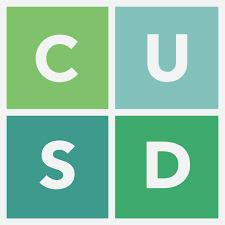 Cornell University Sustainable Design (CUSD)
Cornell University Sustainable Design (CUSD)
Feb 2020-Jun 2022 | Ithaca, NY
- Developed an online algorithm to predict room usages and optimize energy consumption by the HVAC system in Upson Hall.
- Coordinated with two other subteams in 20+ meetings to gather information.
- Led the development of a script to generate accurate dummy data for initial algorithm training.
- Algorithm is forecasted to reduce unnecessary HVAC operation by over 70%.
 Modeling Complex Contagion on Clique Based Networks
Modeling Complex Contagion on Clique Based Networks
Feb 2021 | Ithaca, NY
- Developed a novel analytical approach in a group to approximate the final fraction of adopted nodes for a contagion in a clique based network.
- Implemented simulations to test the approximation, demonstrating consistency and accuracy of the model, and wrote a research paper on the results.
PUBLICATIONS/PREPRINTS
 Nearly
Instance-Optimal Parameter Recovery from Many Trajectories via Hellinger Localization (arXiv
preprint)
Nearly
Instance-Optimal Parameter Recovery from Many Trajectories via Hellinger Localization (arXiv
preprint)
Authors: Eliot Shekhtman*, Yichen Zhou*, Ingvar Ziemann, Nikolai Matni, and Stephen Tu
"A framework for bounding MLE parameter recovery rates for broad classes of multi-trajectory sequential learning settings."
 Strategic
Usage in a Multi-Learner Setting (AISTATS 2024)
Strategic
Usage in a Multi-Learner Setting (AISTATS 2024)
Authors: Eliot Shekhtman, and Sarah Dean
[ poster ]
"What happens when adversarial agents switch between services to thwart the latter's filtration and reward maximization efforts?"
 Strategic Usage in a Multi-Learner Setting (EcoSys 2024 @
AAAI)
Strategic Usage in a Multi-Learner Setting (EcoSys 2024 @
AAAI)
Authors: Eliot Shekhtman, and Sarah Dean
[ poster ][ oral presentation slides ][ lighting talk ]
Real-world systems often involve some pool of users choosing between a set of services. Extensive prior research has been conducted on the effects of strategic users in single-service settings, with strategic behavior manifesting in the manipulation of observable features to achieve a desired classification; however, this can often be costly or unattainable for users and fails to capture the full behavior of multi-service dynamic systems. We analyze a setting in which strategic users choose among several available services in order to pursue positive classifications, while services seek to minimize loss functions on their observations. We show that naive retraining can lead to oscillation even if all users are observed at different times; however, we show necessary and sufficient conditions to guarantee convergent behavior if this retraining uses memory. We provide results obtained from synthetic and real-world data to empirically validate our theoretical findings.
 Latent
Diffusion for Language Generation (NeurIPS 2023)
Latent
Diffusion for Language Generation (NeurIPS 2023)
Authors: Justin Lovelace, Varsha Kishore, Chao Wan, Eliot Shekhtman, and Kilian Weinberger
"Fitting a diffusion model on the latent space of a pretrained language model enables sample-efficient unconditional, class-conditional, and sequence-to-sequence language generation, improving on prior efforts to use diffusion for language."
- Implemented loss masking and normalization for training the latent diffusion model on BART encoder latents.
- Implemented text sampling using a BART decoder.
- Ran baseline experiments using GPT-2.
 Online
Missing
Value Imputation and Correlation Change
Detection for Mixed-type Data via Gaussian Copula (AAAI 2022)
Online
Missing
Value Imputation and Correlation Change
Detection for Mixed-type Data via Gaussian Copula (AAAI 2022)
Authors: Yuxuan Zhao, Eric Landgrebe, Eliot Shekhtman, and Madeline Udell
"A novel online algorithm for scalable and flexible missing value imputation using the Gaussian copula."
- Implemented the online expectation-maximization algorithm.
- Ran experiments on performance in the minibatch and online settings.